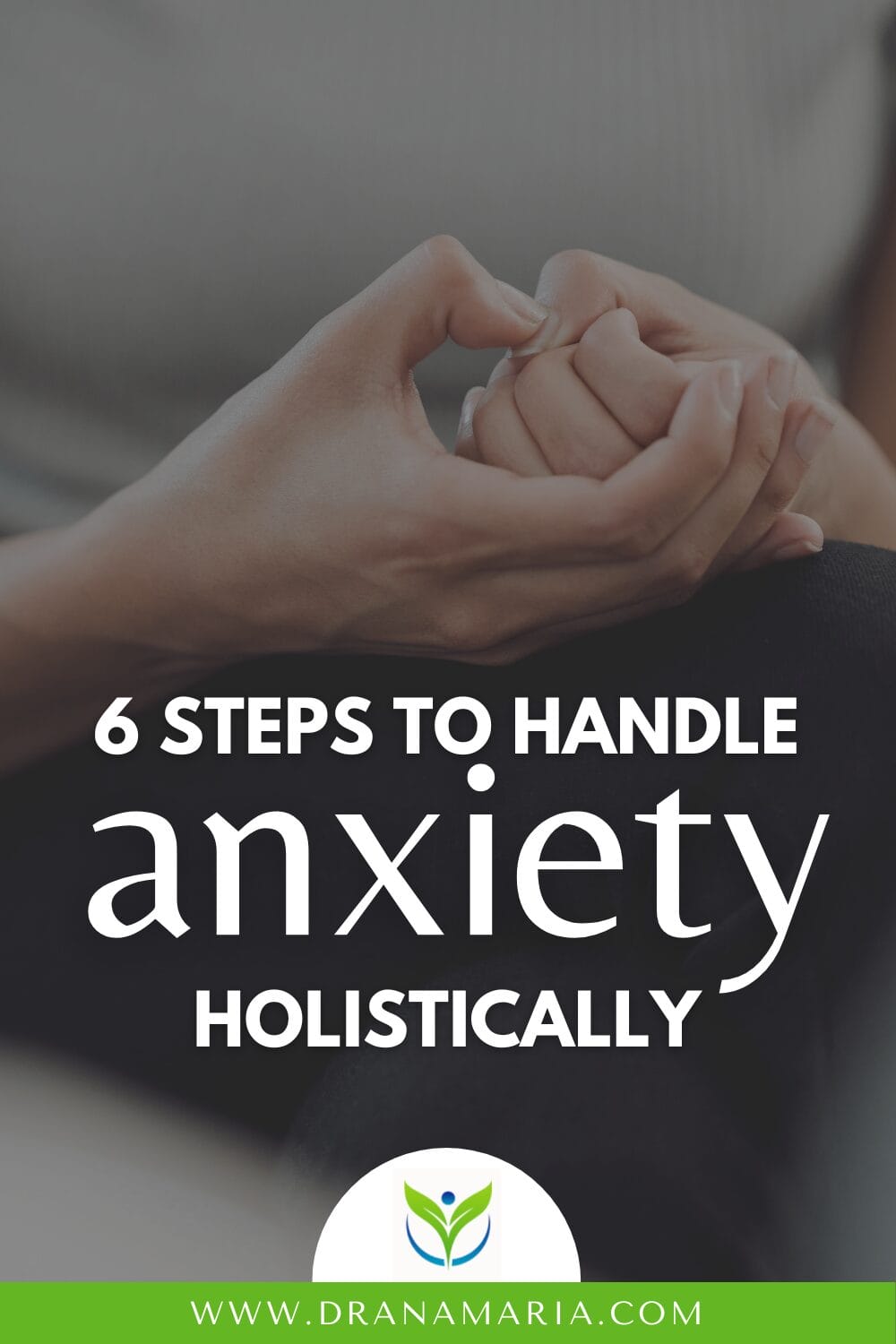In the hustle and bustle of daily life, anxiety can often creep in, affecting our mental well-being and overall quality of life. Whether it’s the pressure of work, personal relationships, or the uncertainties of the future, anxiety can manifest in various forms, leaving us feeling overwhelmed and restless. However, there are ways to handle the anxiety that can comes with change.
In this blog, we’ll explore some practical strategies and techniques for handling anxiety effectively. From incorporating regular exercise into your routine to embracing mindfulness practices like yoga and meditation, we’ll delve into actionable steps you can take to alleviate anxiety and regain control of your mental state. Additionally, we’ll discuss the importance of establishing healthy sleep habits and nutrition choices, as well as the role of supplements in supporting mental health. If you’re ready to embark on a journey towards greater peace of mind and emotional well-being, let’s dive in and discover how to handle anxiety one step at a time.
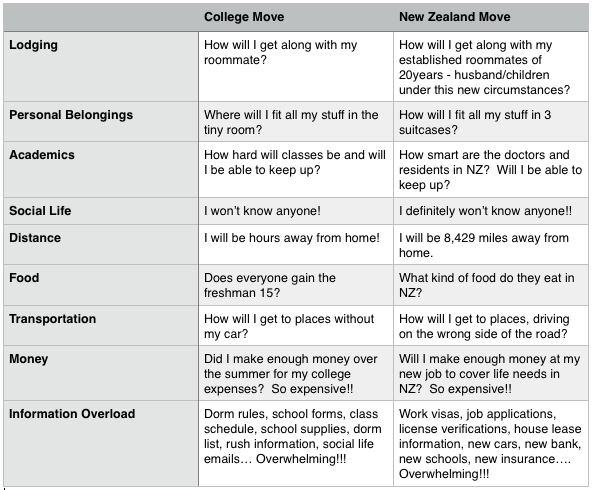
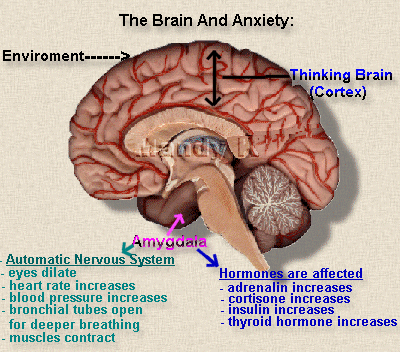
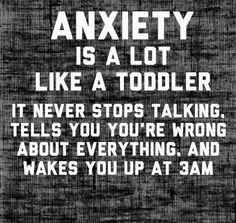
Handle Anxiety Step #1: Exercise regularly
Exercise is not only beneficial for physical health but also plays a crucial role in managing anxiety. Whether it’s a brisk walk, a swim, or a high-energy Zumba session, physical activity releases endorphins—feel-good hormones that counteract stress and promote a sense of well-being. By focusing on your body’s movements and breathing patterns during exercise, you can divert your attention away from anxious thoughts and experience a much-needed mental break.
- Feel Good Hormones – exercise releases endorphins which are feel good hormones that reduce stress, anxiety, depression
- Getting confidence – the better you feel about yourself and your body, the less arduous obstacles appears.
- Less worries – focusing on your form, breathing, repetitions, instructions (if you are in a group class), will take your mind off worries and breaks the cycle of anxiety producing thoughts
- What does regular exercise mean:
- 10 min walk outside.
- 15 min of laps in the pool
- 20 min workout video
- 30 min spin class
- 60 min Zumba
- A few reps from the Temple Family Videos
Handle Anxiety Step #2: Yoga & Meditation
The ancient practices of yoga and meditation offer profound benefits for anxiety relief. Through mindful movement and controlled breathing, yoga helps calm the mind and relax tense muscles, while meditation fosters inner peace and emotional resilience. By incorporating these practices into your daily routine, you can cultivate a sense of inner harmony and regain control over your thoughts and emotions.
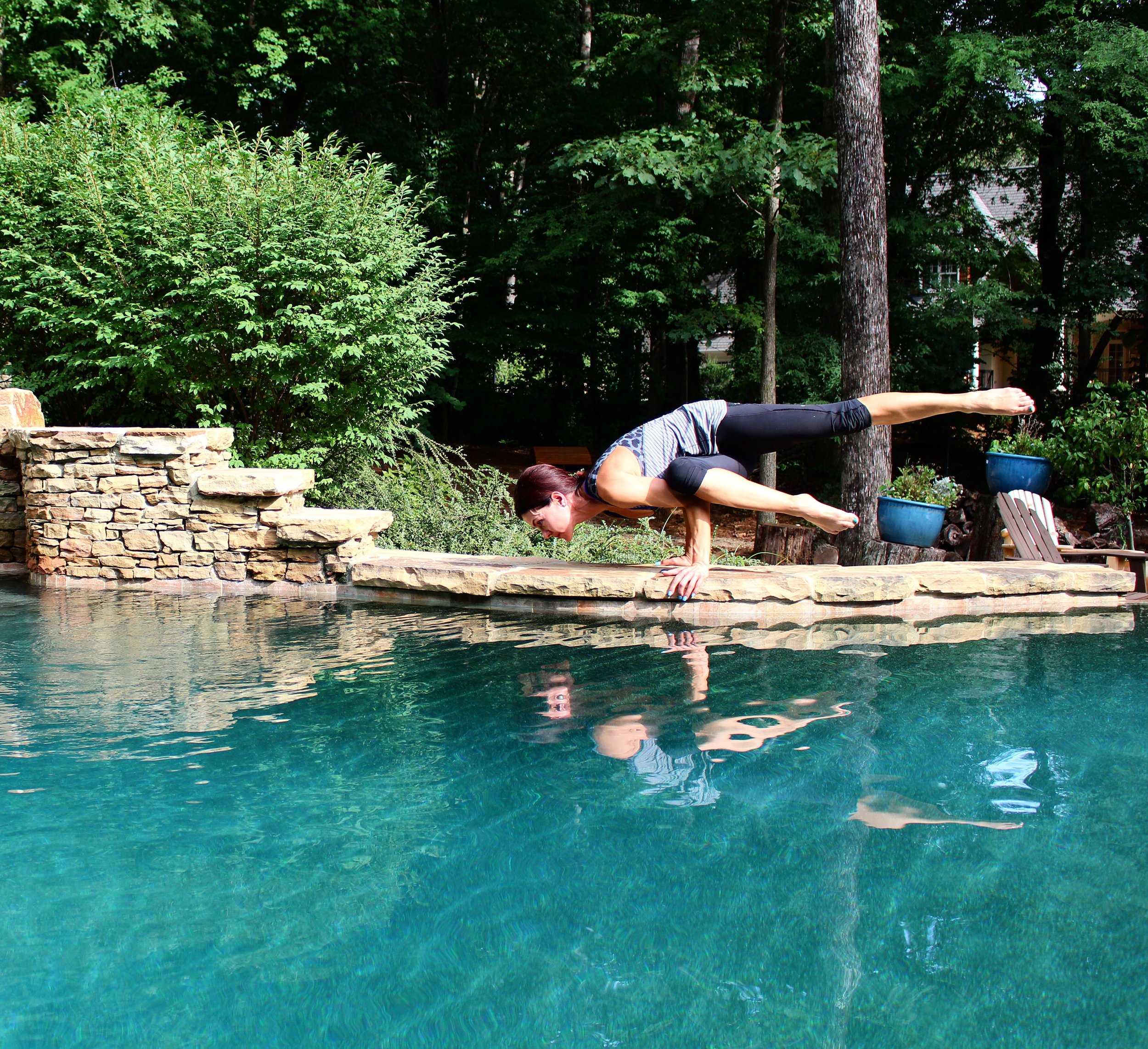
- Each yoga pose helps regulate your breath.
- With each regulated breath the tension in the muscles relaxes.
- Each relaxed and intentional breath floods muscles and organs with plenty of freshly oxygenated blood, which in turn releases tension and endorphins.
- Getting into yoga poses while focusing on breathing, distracts the mind from the constant inner chatter. Quieting the mind is a challenge for many and it is a practiced art not an intuitive process.
- Gaining control of the breath, helps one get control of the mind. Controlling the mind leads to control over life experiences.
Anxiety is an inner hyper restlessness. It is a generalized fear that gives a nervous edge to every thought. Meditation is an exercise of the mind and for the body that helps one get centered and control the thought process.
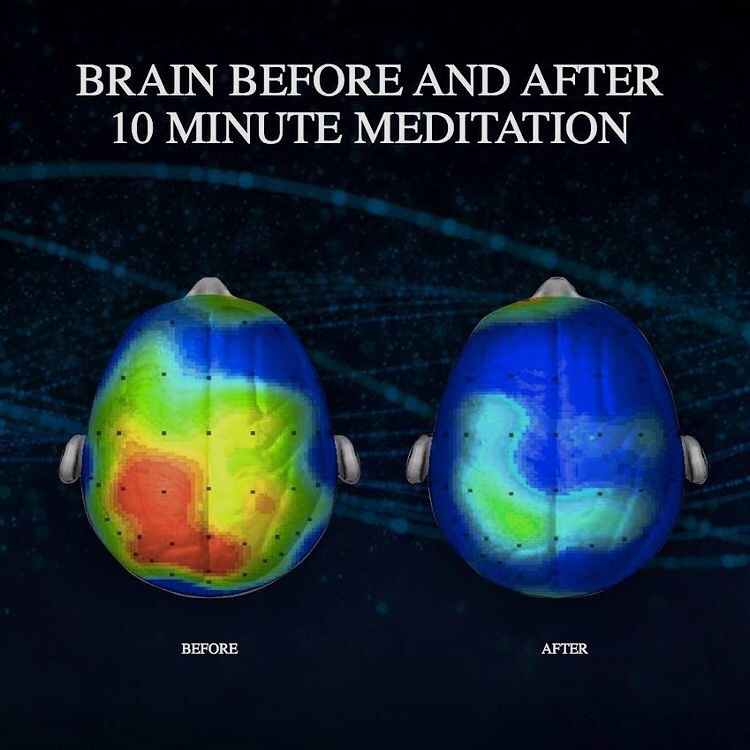
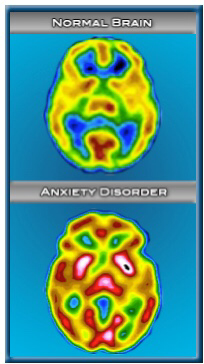
How to do it: Download The Headspace App and try the 10 lessons for free. A guy with an awesome accent talks you through this exercise that takes 10 min. It’s amazing how a guided meditation keeps you on track and after several sessions the mind does quiet down. The first few sessions will be challenging, but this mind exercise takes practice. It is a learned art of taking control of your mind. This skill can then be applied anytime the deamons of anxiety raise their voice. Gaining control over your thoughts, gain control of your life.
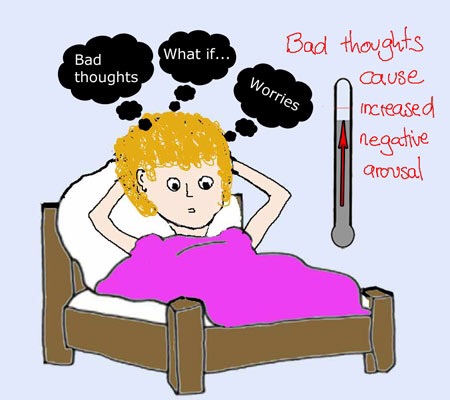
Handle Anxiety Step #3: Healthy sleep habits:
Quality sleep is essential for maintaining optimal mental health and resilience against anxiety. Establishing a regular sleep schedule, minimizing screen time before bed, and creating a calming bedtime routine can significantly improve sleep quality and reduce nighttime anxiety. Additionally, incorporating relaxation techniques such as aromatherapy and meditation can help prepare the mind and body for restful sleep.
How to do it:
Bed time needs to be a set time. Yep stuff will have to be left undone
- Turn off all electronic devices 1-2hrs before bed. Yes, even movies and Netflix. The LED light from various electronic devices is a brain irritant and it lowers the body’s natural melatonin levels. Melatonin is a hormone produced by the body in large quantities as the sun sets. It gets the body ready for sleep.
- If you have an eReader make sure it’s on the night setting. LED lights from the Day Setting irritate the brain before sleep, prevent restful sleep, and may cause bizarre dreams and early waking.

- Write down spiraling thoughts on paper. You will be amazed how putting the thoughts on paper gets them out of your head. No complete sentences necessary. A list of thoughts is sufficient. Use bad words if you need to. This is only for you!
- Get an essential oil diffuser with lavender – aroma therapy with the right oil/scent will help calm frayed nerves
- Use your bedroom only for sleeping.
- Drink herbal tea before bed such as camomile or valerian root tea
- Discuss with your doctor Melatonin, Magnesium, or Valerian Root and see if these supplements may be right for you and your sleep patterns.
- Wake up every morning at the same time. Setting a strict routine, helps the body expect and prepare for normal sleep and awake cycles.
- Regular exercise, meditation, and yoga during the day help with sleep
- Use your meditation app right before bed
- Color in a book
Handle Anxiety Step #4: Nutrition & Supplements
Many of us attempt to feed our stress with sugar and carbs. Perhaps you might have heard of emotional eating. This works temporarily because sugar and the sugar that comes from carbs, feed the area of the brain where pain and anxiety live. It is the same area where morphine works to calm pain. However, the sugar fill is short lived, because as the sugar levels rise in your blood, so does the insulin level. A rise in insulin will drop your blood sugar rapidly, leading to an empty brain and starved body within 30-45minutes. This leads to lots of cravings. The cravings can be so overwhelming that they will leave you powerless. Low blood sugar leads to more stress and anxiety, more cravings, more eating, more guilt with eating, and the cycle continues. If you find yourself scanning your pantry or your fridge whenever you are feeling upset, angry, lonely, stressed, anxious, exhausted, or bored, then you are an emotional eater.
How to break the cycle?
List of supplements that can help with anxiety. Discuss with your doctor:
- Vitamin D
- Omega-3
- Magnesium
- Melatonin
- Valerian Root
- Juice Plus (for those who do not get 9-11 servings of fruits and veggies in their diet) Link in HERE for more information
- Probiotics
Managing anxiety is a multifaceted journey that requires patience, self-awareness, and a willingness to embrace holistic approaches to wellness. By incorporating regular exercise, mindfulness practices, healthy sleep habits, and nutritious dietary choices into your lifestyle, you can cultivate resilience against anxiety and enjoy a greater sense of peace and balance in your daily life.
Remember, overcoming anxiety is not a sprint but a marathon—a journey of self-discovery and personal growth. So, be kind to yourself, celebrate your progress, and seek support when needed. With dedication and perseverance, you can navigate through life’s challenges with grace and resilience, emerging stronger and more resilient than ever before.
- https://www.adaa.org/living-with-anxiety/managing-anxiety/exercise-stress-and-anxiety
- http://www.health.harvard.edu/mind-and-mood/yoga-for-anxiety-and-depression
- https://www.psychologytoday.com/blog/the-athletes-way/201306/how-does-meditation-reduce-anxiety-neural-level
- http://www.m.webmd.com/depression/guide/diet-recovery
- http://www.helpguide.org/articles/diet-weight-loss/emotional-eating.htm
- https://www.psychologytoday.com/blog/the-breakthrough-depression-solution/201111/psychological-consequences-vitamin-d-deficiency
- https://www.psychologytoday.com/blog/in-the-zone/201201/anxiety-and-omega-3-fatty-acids
- http://m.huffpost.com/us/entry/6391014
- http://www.hopkinsmedicine.org/health/healthy_aging/healthy_body/the-brain-gut-connection
- http://www.theatlantic.com/health/archive/2015/06/gut-bacteria-on-the-brain/395918/
In Good Health, Ana-Maria Temple, MD
